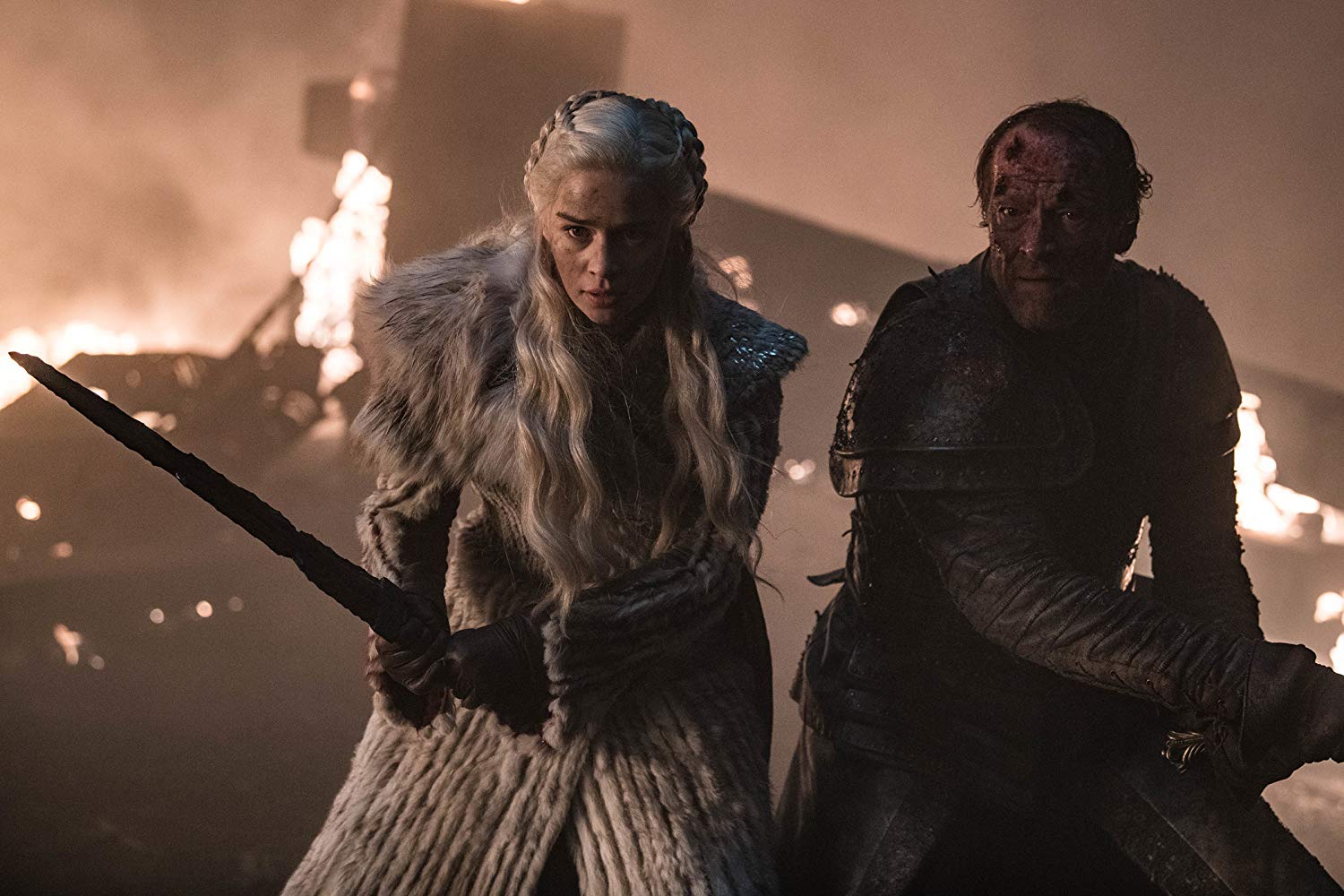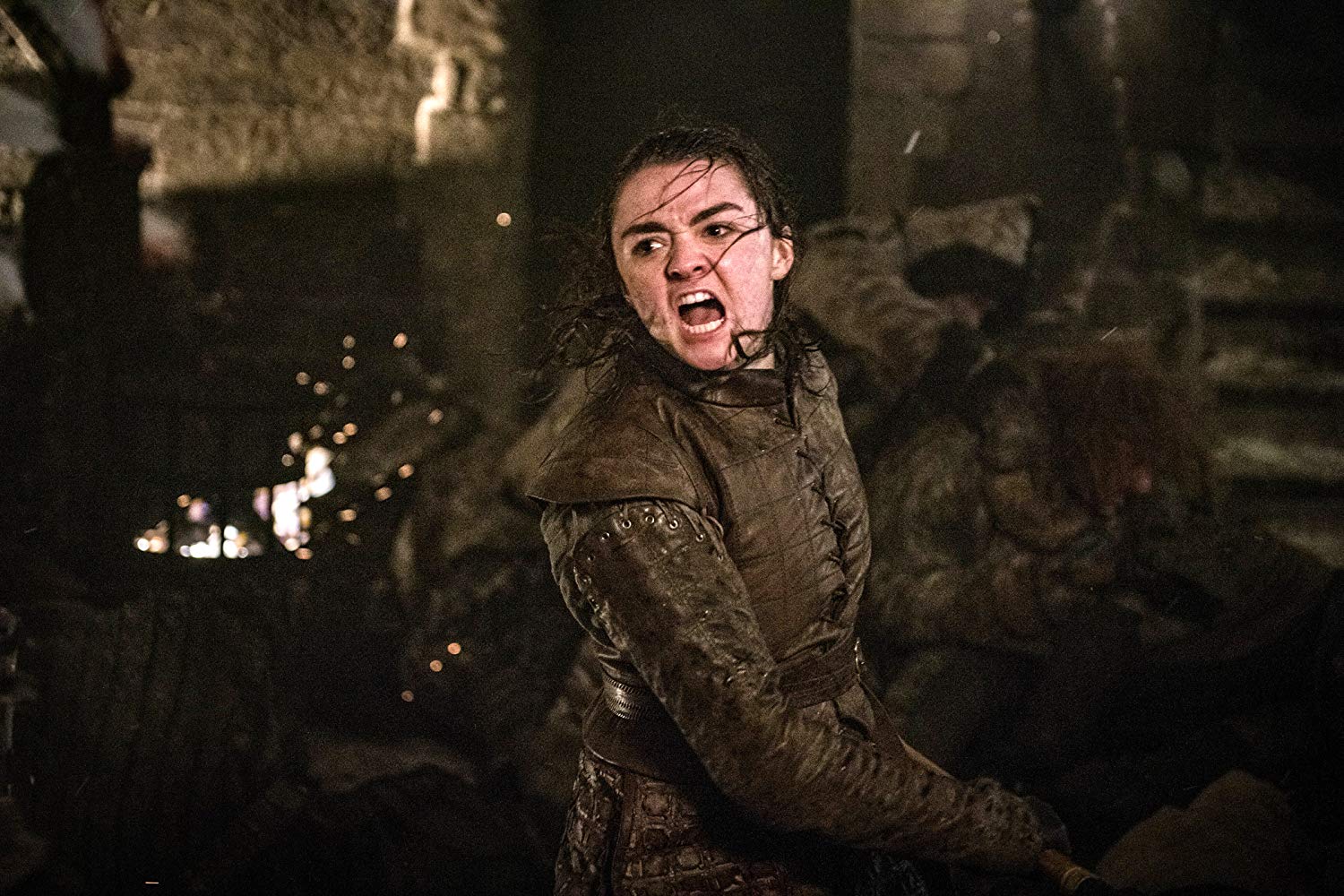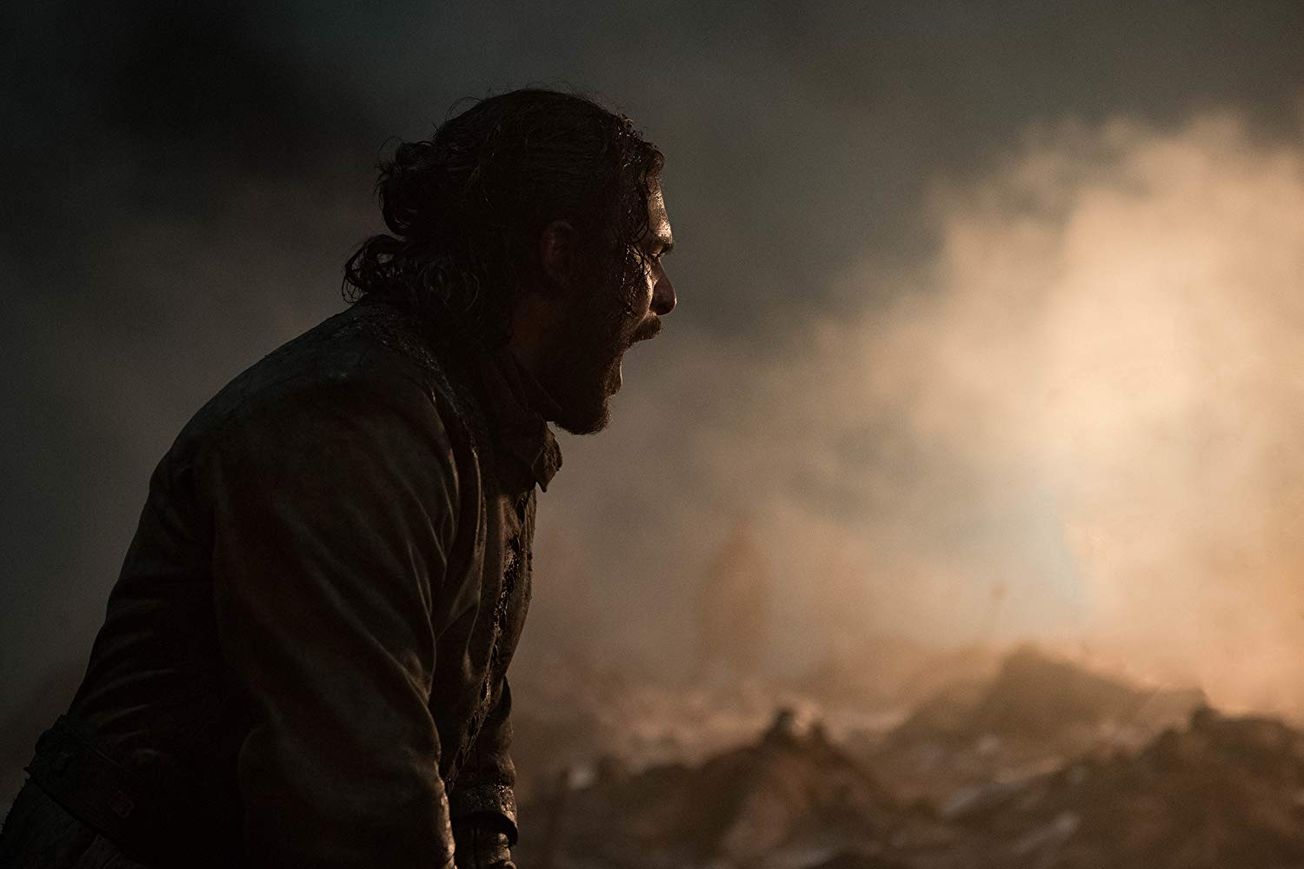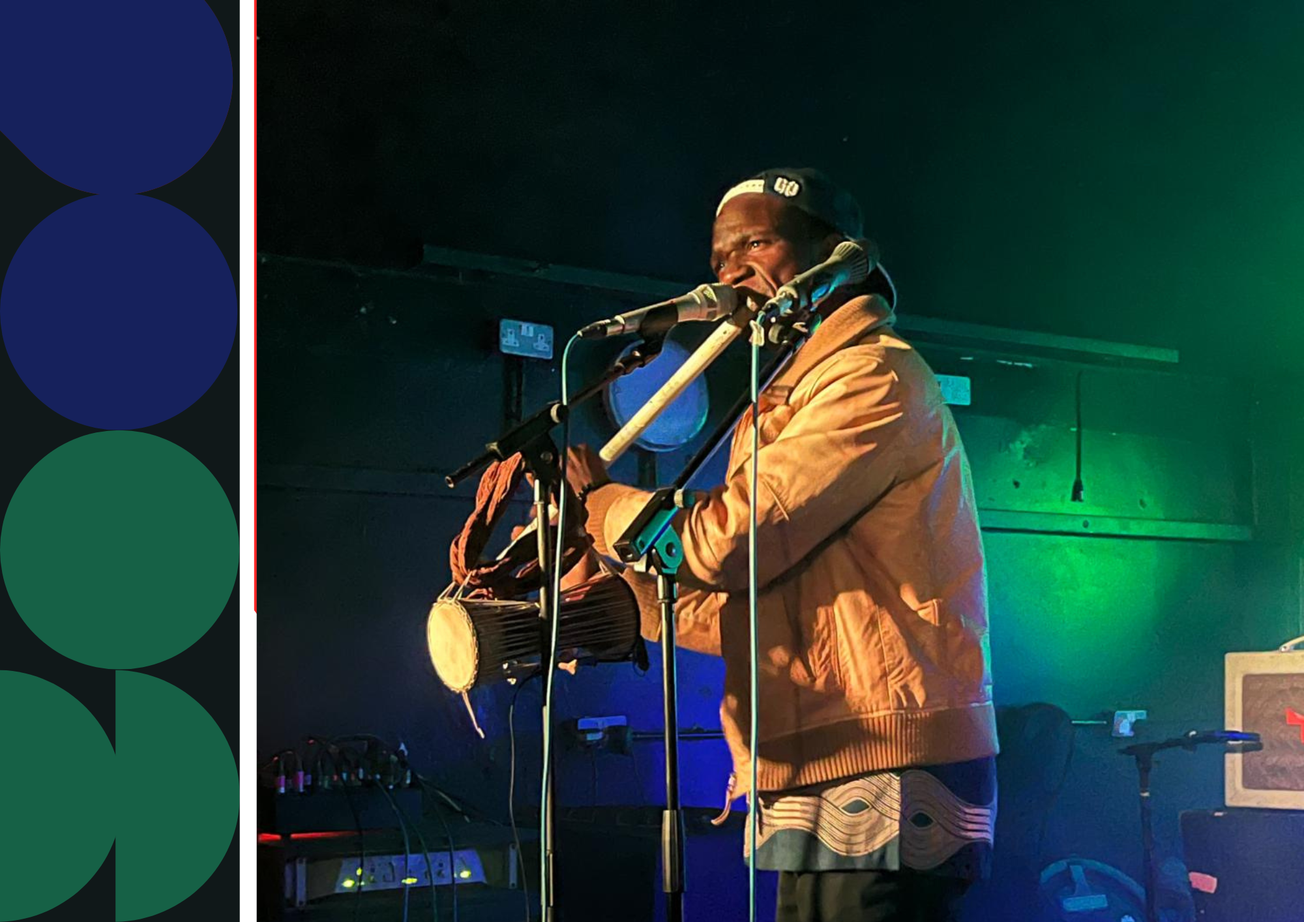By Miles Jackson, Third Year, Film & English
The battle between the living and the dead has been long anticipated throughout the globe conquering series, but is the Sunday night's episode indicative of a waning quality in recent years?
Almost four years ago, Game of Thrones presented one of the best battle scenes of all time in ‘Hardhome’, an episode that saw an army of White Walkers totally and unexpectedly massacre an isolated group of characters. It was taut, tense and unlike anything else a TV show has done before or since. It may also have been the last time the show was truly great.
After a luridly entertaining opening few seasons, Thrones has been on a rapid decline over the past couple of years. This week’s episode, ‘The Long Night’, might not be the worst thing the show has done in recent memory - that award goes to Season 7’s idiotic Wight rescue mission, ‘Beyond the Wall’. But it’s perhaps the one most reflective of what the show has become in its old age: cowardly, inconsequential, and inoffensive.
YouTube / GameofThrones
MASSIVE SPOILER ALERT
Having spent the last two weeks (and indeed, the eight years before that) slowly building tension for The Battle of Winterfell, the show finally makes good on a promise made in the first episode: the long night has come. Years of White Walkers staring pensively into the middle-distance, slowly marching on, and reams of alliances and reunions with the show’s living characters have all been leading up to this. Predictably, for a show that has utterly underwhelmed over these past few seasons, the battle ends up being a complete waste of time.
Opening on a series of laboured, overwrought close-ups of various characters staring into darkness, the battle kicks off with Daenerys’ (Emilia Clarke) army of Dothraki being quickly wiped out. Luckily, Jorah (Iain Glen) - who rides into battle with them - returns utterly unscathed so that he might have a more rousing and heroic death later on. Remember when this show used to kill characters off in genuinely surprising and affecting ways?
This is a brightened image from Sunday's Game of Thrones. I'll never understand why Benioff, Weiss, and Sapochnik insist on keeping it so dark pic.twitter.com/9fUXSSOrZu
— Alan Zilberman (@alanzilberman) April 30, 2019
Thus begins a series of choppy, murky skirmishes that have already attracted derision online for how dimly lit and incomprehensible they are. I’m not entirely sure what’s at fault here; the show has always featured flat, televisual lighting, but the combination of shaky-cam and incoherent editing, consisting of quick cuts and no continuity, or even lesser possibilities like shabby video encoding, might have played a part in just how confusing the battle ends up being.
Whatever the root cause, the result is the same: a headache-inducing mess of characters hitting things. Director Miguel Sapochnik brings none of the sheer terror he previously imbued the White Walkers and Wights with in ‘Hardhome’. Here, they’re just shambling mooks no different to the kind that litter the most mediocre of Marvel movies. Characters are thrown into tense scenarios, but always emerge unscathed. Theon (Alfie Allen) and Jorah succumb, but not before they’re given lengthy hero shots and sorrowful sonatas.

Photo courtesy of HBO
At one point, the episode threatens to actually do something radical and kill off Tyrion (Peter Dinklage), setting up his distress at not being able to fight and then giving him a tender moment of understanding with Sansa (Sophie Turner). It’s a touching scene for one of the show’s most underutilised and interesting relationships. The show then does nothing with it, with Tyrion and Sansa charging out to make one last stand and ultimately doing or enduring absolutely nothing of consequence.
Meanwhile, the show attempts to give Jon (Kit Harington) and Daenerys - TV’s dullest couple - something to do by having them take to the skies on rubbery CGI dragons. I continue to feel absolutely nothing for either of these characters. Kit Harington and Emilia Clarke have no tangible chemistry, the characters themselves are the show’s least complex and indeed the dragon fights in this episode are a jumbled eyesore. It’s rarely clear where each dragon is in relation to another, how near or far they are from the battlefield, and how much damage each dragon can take.
Again, the show had an opportunity here to radically change the rules of the series going into the finale by offing one of these two heartthrobs. To do so would have meant losing out on more moments worthy for GIFs, however, and so the show has them both saved from death in miraculous circumstances.
Unpopular opinion: Lyanna Mormont was more useful than Jon and Dany on dragons combined. #GameOfThrones #BattleOfWinterfell pic.twitter.com/0v8PnTpBDR
— GameOfThrones (@GOTseasonfinale) April 29, 2019
It’s ultimately a bit galling that for all the relentless years of portent and buildup this battle has received, the actual deaths consist of expendable non-characters like Lyanna Mormant and Beric Dondarrion or characters whose fate has been inevitable and drawn out for several seasons now. There have been multiple opportunities for both Theon and Jorah to complete their arcs of redemption and sacrifice before now, and the impact of them finally doing it here is leadened.
Still, one character emerges well from this episode, and that’s Arya Stark (Maisie Williams). Unlike most of the other characters involved in the battle, her story remains easy to follow and fairly compelling throughout. There’s some nice interplay between her, The Hound (Rory McCann) and Melisandre (Carice van Houten), with her ultimate execution of The Night King serving as a fitting conclusion to a promise made way back in Season 3. The segment in which she hides from Wights in a library is also the episode’s only action sequence featuring coherent proxemics and a sense of danger.

Photo courtesy of HBO
Yet I have to wonder what the ultimate point of The Night King, and indeed the White Walkers, was? Initially a thinly veiled metaphor for climate change, the whole thing now appears to have been completely redundant. The Night King’s birth was depicted as a moment akin to the Fall of Man, yet all he actually did was wander around for years, kill off a bunch of fairly unimportant supporting characters and then die a hasty death taking his army along with him.
Why did The Night King go after Bran other than because of some weird, under-explained excuse about the essence of memory? Why did he want to take over the world in the first place? Such questions will probably go unanswered as Game of Thrones hurtles towards its finale. The episode ends on the image of Melisandre walking out into the snow, taking off her life-support necklace and dying. She does this for absolutely no reason. I can’t help but see that as a metaphor for the entire show at this point.
Game of Thrones is showing on Sky Atlantic on Mondays at 2am and 9pm.
Featured Image courtesy of HBO
Do you disagree with this review of Game of Thrones? Let us know!
Facebook // Epigram Film & TV // Twitter









